In recent years, therapeutic mushrooms have become very popular, mainly for their anti-inflammatory, immunomodulatory, antibacterial and anti-aging properties. Some of the mushrooms used by the Chinese medicine can be confidently considered adaptogens.
Mushrooms as adaptogens
Adaptogens provide beneficial effects in chronic inflammation, arteriosclerosis, neurodegenerative diseases, metabolic disorders, cancer and other diseases associated with aging, while at the same time causing no side effects. Today, they are mainly used to relieve stress and prevent age-related diseases.
Mushrooms in traditional Chinese medicine
Traditional Chinese medicine (TCM) includes acupuncture, nutritional therapies, massage and use of health-enhancing herbs and mushrooms.
The principles of TCM follow the theory that the harmony between the two opposing forces, Yin and Yang, is the essence of health, whereas disease disrupts it. In Western medicine, the Yin and Yang harmony corresponds to the concept of human body homeostasis. According to researchers, nourishing Yang herbs promote well-being, potentially by enhancing mitochondrial oxidative processes; on the other hand, the nourishing Yin herbs promote ATP production in the mitochondria.
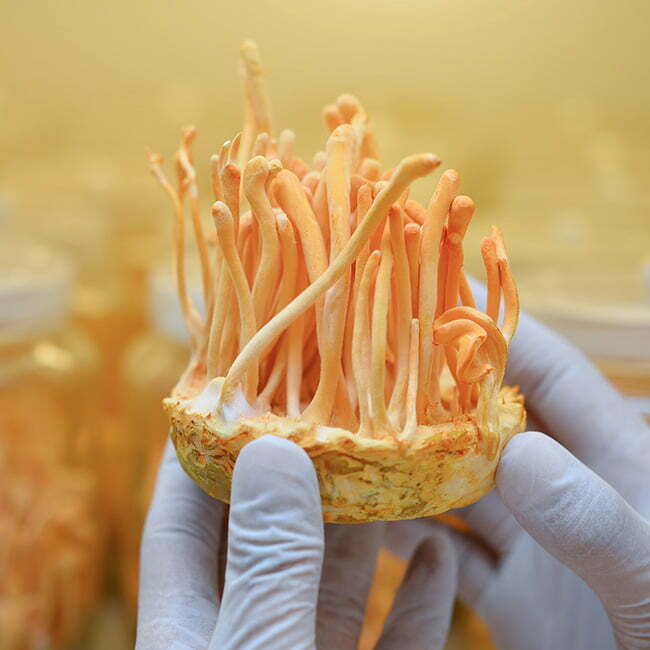
Mushroom extracts
We sell standardized mushroom extracts. Our mushrooms come from Chinese farms where they are grown using natural methods. Most of them are grown on tree bark.
The mushrooms are extracted with hot water, thanks to which their most important bio-components, such as beta-glucans and other polysaccharides, remain intact.
The first mentions of mushrooms in Chinese medicine date back to over 2,000 years ago, when a Han Dynasty poem mentioned the Lingzhi mushroom (or Reishi, Latin: Ganoderma lucidum). Its Chinese name “Lingzhi” means “spiritual power.” The Chinese believe Reishi mushrooms to be the “medicine of kings”; they are also called the “mushroom of immortality.”
Applications in traditional treatments include enhancement of intellectual abilities, memory support as well as improvement of physical fitness and prolongation of life. Substances present in the Reishi mushroom support the body’s immune system and increase hematopoietic activity. They are also used in cancer prevention.
Properties of mushrooms
Mushrooms are a source of proteins, minerals, such as potassium, chlorine, sulfur, magnesium, calcium, sodium, as well as of the B vitamins and provitamin D2. However, the most important component of mushrooms are polysaccharides, which are responsible for their health-promoting properties. The most noteworthy polysaccharide is beta-glucan, providing the immunomodulatory and anticancer properties.
Here are some of the most important mushrooms used in the Chinese medicine:
- Antrodia camphorata – traditionally used for liver disease, alcohol poisoning and as a support remedy in exhaustion,
- Chaga – a mushroom traditionally used in Siberia and the northern regions of China to treat infectious diseases, cardiovascular ailments and also to improve intestinal function,
- Cordyceps – often used by athletes primarily to increase resilience to exertion, improve recovery and revitalize,
- Coriolus versicolor – an effective anti-pathogen agent,
- Flammulina velutipes (Enoki) – providing support to the immune system,
- Hericium erinaceus (Lion’s mane) – with strong nootropic effect, it provides brain support and is effective in diseases of the digestive tract,
- Maitake – a mushroom which prevents the onset of the metabolic syndrome and helps maintain normal body weight,
- Polyporus umbellatus – providing support in kidney diseases,
- Poria – with properties enhancing good mood, removal of phlegm and swellings,
- Lentinus edodes (Shiitake) – rich in a broad range of antioxidants, having strong anti-aging effects, and supporting vitality,
- Tremella – with properties helping to maintain healthy and beautiful skin,
- Reishi – or Ganoderma lucidum – the “mushroom of immortality.”
-
 Shiitake (Lentinus edodes)
Shiitake (Lentinus edodes) -
 Porn coconut (Poria cocos)
Porn coconut (Poria cocos) -
 Polyporus umbellatus (Polyporus umbellatus).
Polyporus umbellatus (Polyporus umbellatus). -
 Maitake mushroom (Grifola frondosa)
Maitake mushroom (Grifola frondosa) -
 Winter fawn (Flammulina velutipes)
Winter fawn (Flammulina velutipes) -
 Multicolored sparrow (Coriolus versicolor)
Multicolored sparrow (Coriolus versicolor) -
 Black capped melanoma (Coprinus comatus)
Black capped melanoma (Coprinus comatus) -
 Subcortical spinneret (Chaga)
Subcortical spinneret (Chaga) -
 Camphor mushroom (Antrodia Camphorata)
Camphor mushroom (Antrodia Camphorata) -
 Tremella fungus – Tremella fuciformis, the scrapie of the sea urchin
Tremella fungus – Tremella fuciformis, the scrapie of the sea urchin -
 Brazilian mushroom (Agaricus blazei)
Brazilian mushroom (Agaricus blazei) -
 Oyster mushroom (Pleurotus ostreatus)
Oyster mushroom (Pleurotus ostreatus) -
 Hedgehog soprano – Lion’s Mane
Hedgehog soprano – Lion’s Mane -
 Cordyceps
Cordyceps -
 Reishi mushroom (Ganoderma lucidum).
Reishi mushroom (Ganoderma lucidum).
Bibliografia
Understanding adaptogenic activity: specificity of the pharmacological action of adaptogens and other phytochemicals – Alexander Panossian, 2017
Hericium erinaceus, an amazing medicinal mushroom – B Thongbai, 2015
The structure of mushroom polysaccharides and their beneficial role in health – X Huang, 2015
Nagano M, Shimizu K, Kondo R, Hayashi C, Sato D, Kitagawa K, et al. Reduction of depression and anxiety by 4 weeks Hericium erinaceus intake. Biomed Res 2010;31:231–7.
Reishi, Ganoderma lucidum and Ganoderma tsugae: Bioactive substances and medicinal effects, T Mizuno, 1995
Cordyceps fungi: natural products, pharmacological functions and developmental products, X Zhou, 2009
Katie R. Hirsch MA, Abbie E. Smith-Ryan PhD, Erica J. Roelofs MA, Eric T. Trexler MA & Meredith G. Mock BA (2016): Cordyceps militaris Improves Tolerance to HighIntensity Exercise After Acute and Chronic Supplementation, Journal of Dietary Supplements, DOI: 10.1080/19390211.2016.1203386
Interactions between traditional Chinese medicines and Western therapeutics Elena Chan1 , Marisela Tan1 , Jianni Xin1 , Sucha Sudarsanam2 & Dale E Johnson1,2*


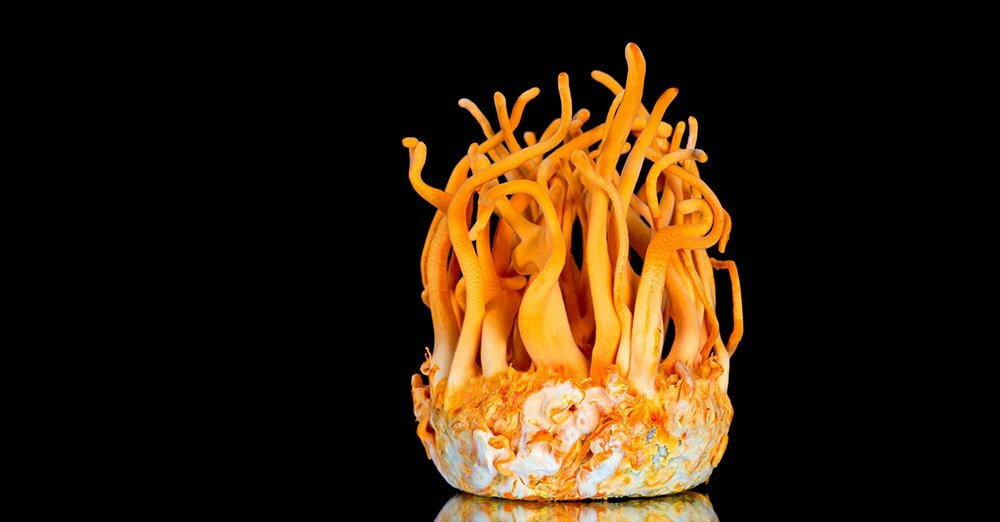
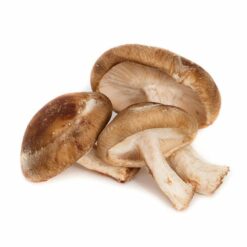
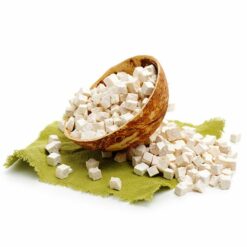
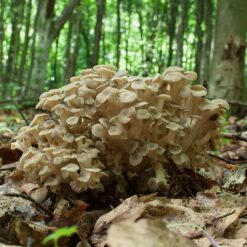
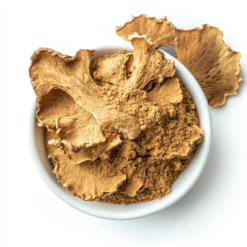
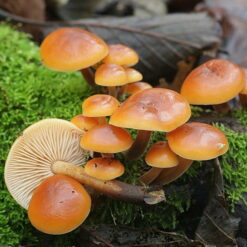
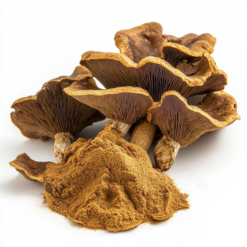
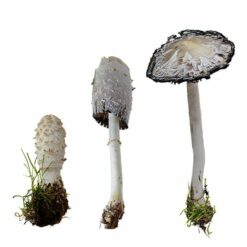
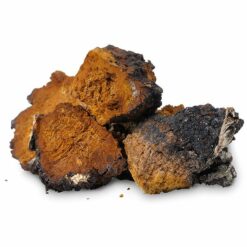
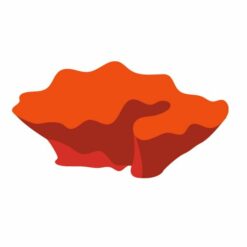
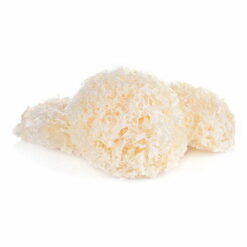
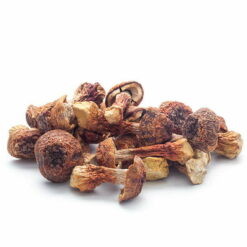
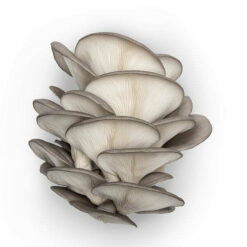
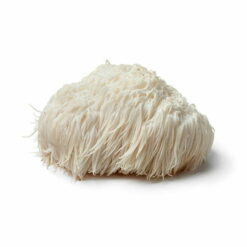
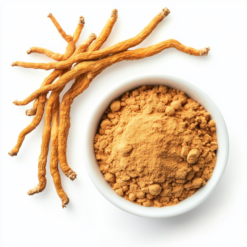
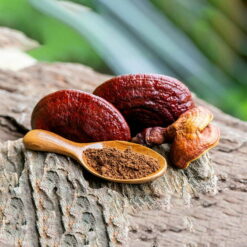
your website is very knowlwgbale we are learing many things from your website thnks for sharing your blog